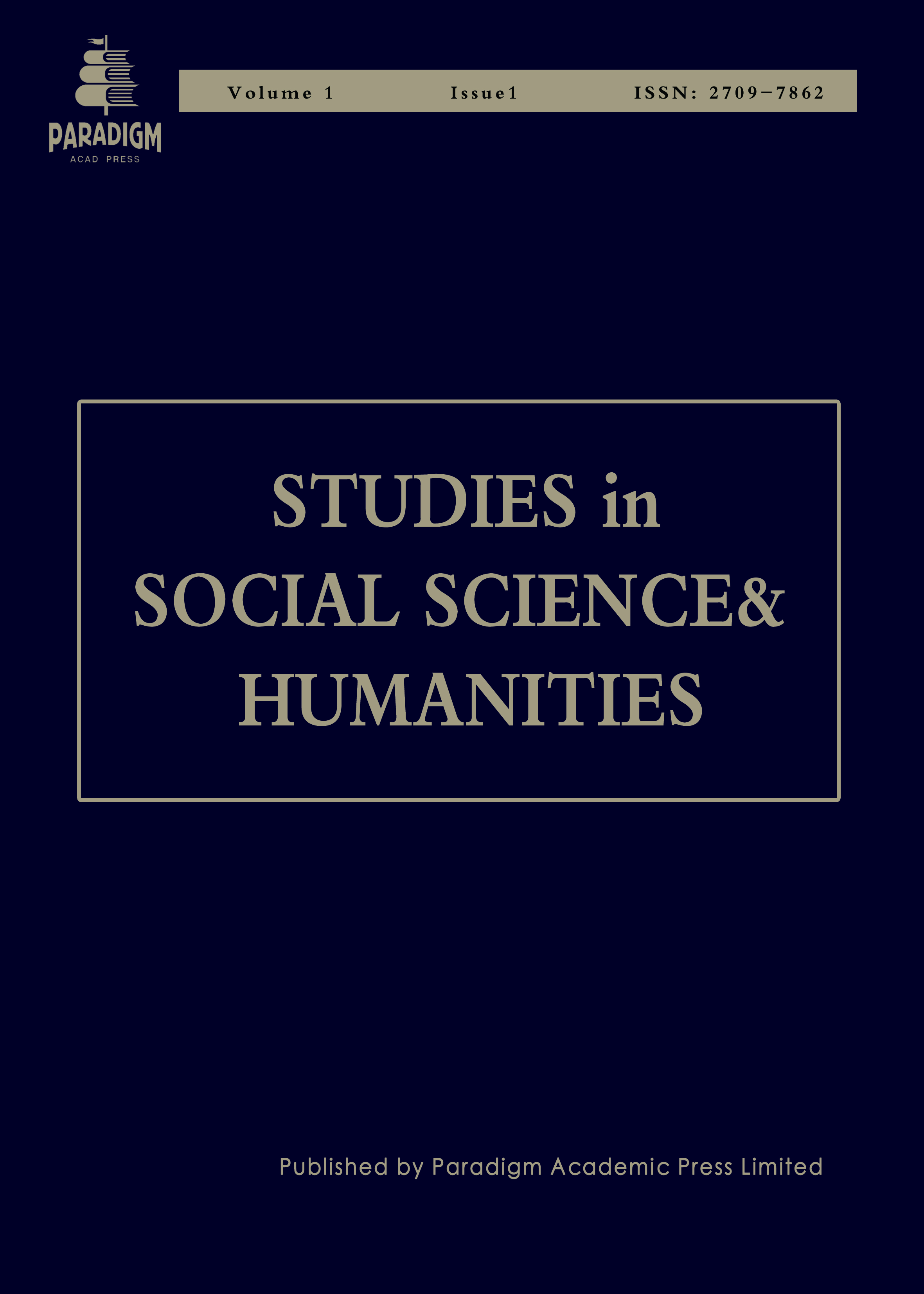Construction of Ethnic Religious Borders, Cognitive Disruption and Resultant Suffering of People in Indian and Nepali Texts
Keywords:
affective politics, class-based politics, cognitive disruption, ethnic conflict, ethno-politicsAbstract
Religious-ethnic diversity makes human society beautiful; however, the sensitive area can also be the site of potential conflict and violence. Researcher is interested in observing the politics how ethnic religious borders are constructed among harmoniously settled races, how due to cognitive disruption they turn into each others’ enemies, and as a result, the divisive strategy results in the suffering of people. The portrayal of politics staged on the ground of religious diversity in Indian partition literature and the utilization of ethnic diversity for the political benefits after 1990 political change followed by Maoist insurgency in Nepal have been explored for this study. Indian-Pakistani partition novels like Khushwant Singh’s The Train to Pakistan, Bhisham Sahni’s Tamas, Abdullah Hussein’s The Weary Generations, Bapsi Sidhwa’s Cracking India, and some secondary texts about ethno-politics that emerged after 1990 political change and accelerated during Maoist insurgency followed by promulgation of constitution through constituent assembly in Nepal, have been analyzed in detail. Textual data from primary literary texts have been exhaustively discussed and analyzed. Relevant critics have been quoted for justification of the argument. Affect theory and the theories of ethnic conflict provide the theoretical light for the analysis. The celebration of the nationalist historiography of India and Nepali unity in diversity, the aura of ethnic religious harmony and nation building, get replaced by ethnic politics resulting in internal political struggle comparable to colonial divisive strategy.


